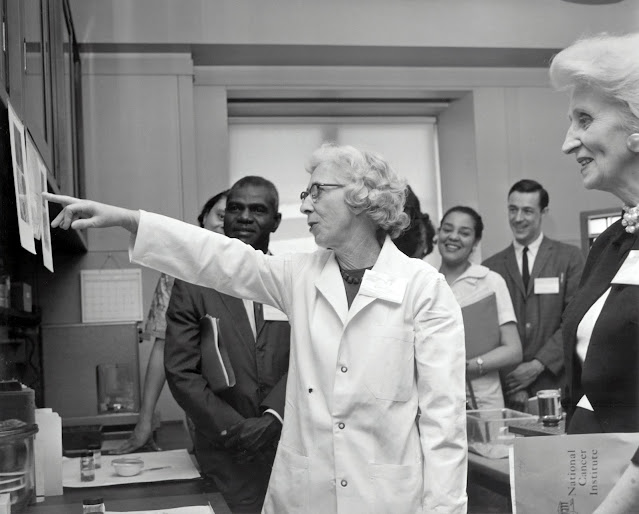Having students work in groups is something that happens in all classrooms. Many teachers will give students roles to help focus their work.
Recently I have seen a new kind of role enter the groupings - where teachers have students take on the role of a scientist, an economist, an environmental activist, it could be any sort of job, with the intent of having students use a different perspective when looking at a problem.
For example, I am calling a group that is formed by many roles a team, when the same roles come together, I am calling that a group. I hope I can keep them straight.
In the following team, the roles are artist, scientist, and journalist. This team would work together to solve the problem presented to them.
| Role | Name |
|---|---|
| Artist | Maria Anders |
| Scientist | Alfreds Futterkiste |
| Journalist | John Smith |
Photo by National Cancer Institute on Unsplash
However, instead of starting with the groups, start with grouping the roles. Put all scientists [insert role here] together. They will then research and build knowledge together. After a period of time, form groups.
This would allow them to build and share knowledge which they could then bring back to their team.
This idea came to me when supporting an MYP Physics class and I made a connection to some research I have come across that stresses that content knowledge is a bigger factor in comprehension than reading skills.
